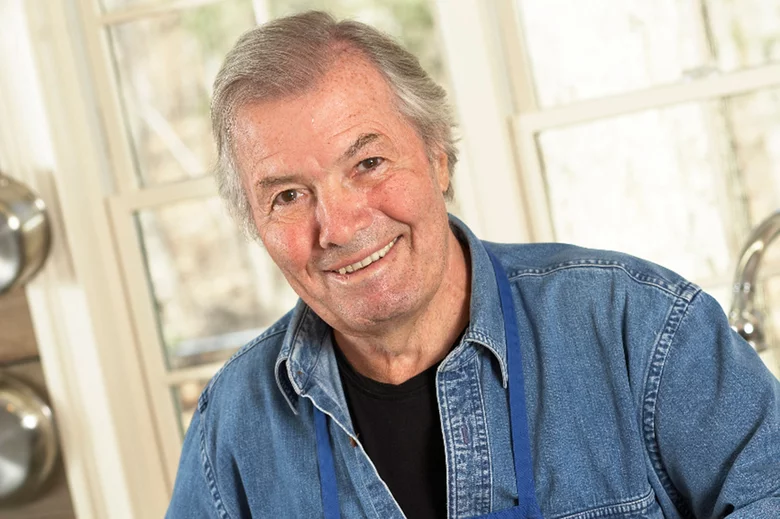How do you enjoy Slow Food? There isn't one sanctioned way. What began as a protest against fast food has become the symbol of a new consciousness about food. While the organization is somewhat controversial, the goals are admirable--to promote a return to the way people used to eat. What that looks like these days is up for debate. That very discussion was part of the Re-Localizing Food panel discussion today at Slow Food Nation, the community event organized by Slow Food USA, part of the international Slow Food movement.
The panel featured author and journalist Michael Pollan, chef Dan Barber, Gary Nabhan, founder of Renewing America's Food Traditions Alliance, RAFT and Winona LaDuke, a Native American activist. It was moderated by James Oseland, editor of Saveur.
Michael Pollan explained that the current state of our food systems was a product of interstate highways, supermarket chains, refrigerator trucks and cheap fossil fuel. But the days of cheap fossil fuel may be over. Shipping broccoli from the Central Valley in California to New York used to cost $3 a box, now it costs $10. That kind of change is making communities rethink long distance shipping of food that can be grown locally. He also told the sold out crowd that even $5-10 a week spent on local food makes a difference and said you shouldn't feel like you have to go to extremes to make change happen.
I was most impressed with Dan Barber who talked about his experiences growing native grains. A customer sent him Otto File, a special variety of native corn. He later found out that it had been traded with the Italians who recognized its quality and grew it for polenta. You can buy the polenta at Zingerman's or eat it at Dan Barber's restaurant.
Barber stressed that a blend of old world wisdom and newfangled technology could be combined to great result. He then told of a visit to a goose farm in France where birds naturally gorge themselves instead of being forced, and even wild birds choose the farm, flying in from all over, because of the high quality living conditions. Electrified fences keep animals from entering the property but not from leaving. Though the animals are free to leave, it sounds as if they never choose to.
Barber actually made a plug for the foodservice provider Sysco, a company you would expect to be part of the problem, but he says, the CEO is reacting to chef's requests for local food and changing profitable and conventionally "efficient" ways of doing business to plan for a less commodity oriented future. All in all the panelists were optimistic about the future and the way we as a country are returning to more local food and less dependence on cheap fossil fuel.





